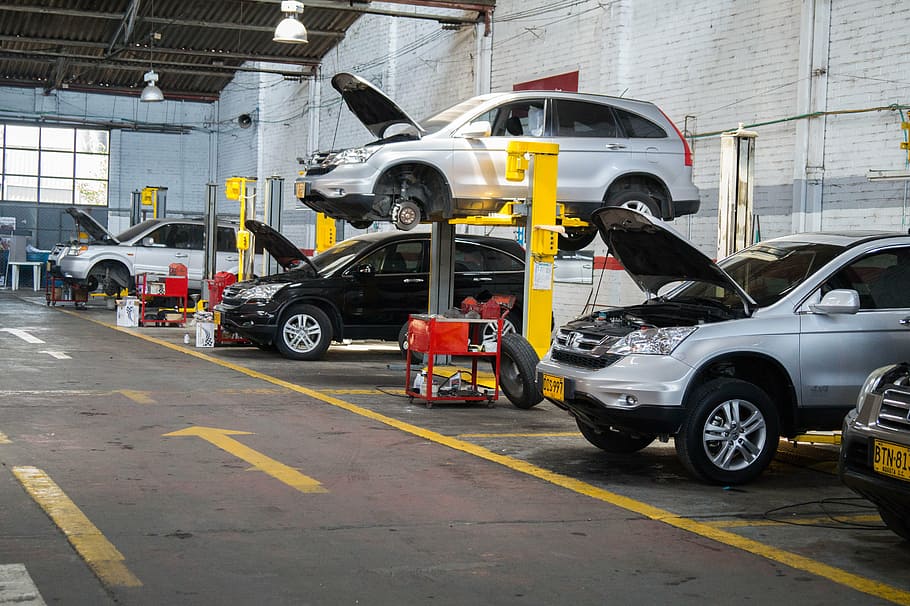Today, the auto sector is rife with technology. If you are a tech guru and find autos among humanity’s coolest innovations, you can be part of the automotive sector and the advancements connected to it.
No other sector has benefitted as much as the automotive industry does from technological developments. From entertainment options and stability to better brakes, here are some of the positive impacts of technology in the automotive sector:
- Reduced Environmental Effects
The growing awareness of carbon footprint has put sustainable transportation at the forefront of technological motivations. Electric automobiles’ innovation serving as a more environmentally-friendly substitute to fuel-powered cars has seen EVs (Electric Vehicles) soar in popularity.
Sustainable automotive technology is also driven by an increased transport costs for users who want to save up more than a third on petrol prices.
- Increased Safety
Car manufacturers continue to offer more safety features, ranging from SPI to CAN transceiver, to protect the automotive network from malicious messages coming from compromised host CPUs.
Other safety features such as parking sensors, lane guidance, and collision prevention can avoid car collisions.
- Self-Driving Enabled
Autonomous driving is basically set to transform the automotive sector’s face by eliminating humans’ importance behind the wheels. Models like Audi already have a cruise control system with a function and stop, which uses this feature.
The control system usually works by using around 30 control sensors in the car to provide more details regarding the processor’s surroundings.
- Lowered Costs
Technology advancements have allowed car manufacturers to test and hypothesize new features by coming up with new solutions to ongoing issues with the help of software, computers, and artificial intelligence.
The inception of the rear-park to alert car users regarding obstacles, traction control for adverse weather conditions, and air-bags for unfortunate accidents all boils down to how technological advancements help to reduce costs in the automotive industry.
- New Sales
In the past few years, people used to deal with appointed retail and dealers. However, with the new technology, online retail outlets and dealerships are selling spare parts for cars.
For example, if you are searching for a pioneer head unit, you may easily get it by ordering online at the comfort of your home. This boosts customer experience and adds great convenience as you will not have to drive to brick-and-mortar stores searching for auto spare parts.
- Decreased Road Rage
Personal and work life has forced many people to act irrationally on the roads, and the moment they see a person honking too loudly, cutting them up, and hitting brakes very quickly, rage gets triggered.
This results in angry gestures and the use of foul language or obscene words. When things go south, physical violence can also happen. Though with cars flashing up a digital sign indicating ‘sorry, I am rushing to the hospital,’ people can mitigate anger. New technology allows cars to display information through an app, with the help of smartphone cameras spotting other vehicles.
In Conclusion!
The tech sector’s great minds have joined forces with automobile firms to improve how cars operate nowadays.
The rise of hybrid and EV technology helps reduce carbon footprint without spending a lot of money. Simultaneously, AI and Big Data are important in the personalization of cars, notifying car owners that they need maintenance services.





